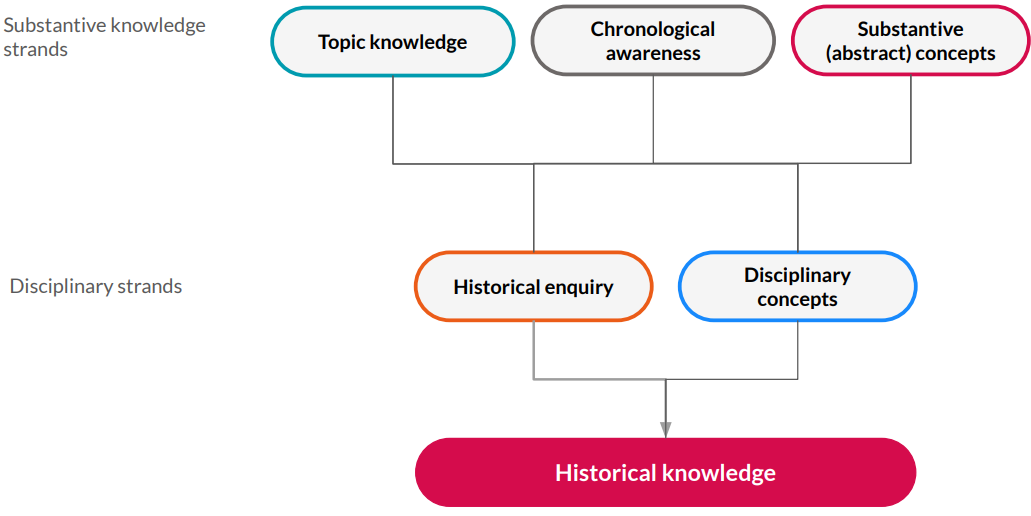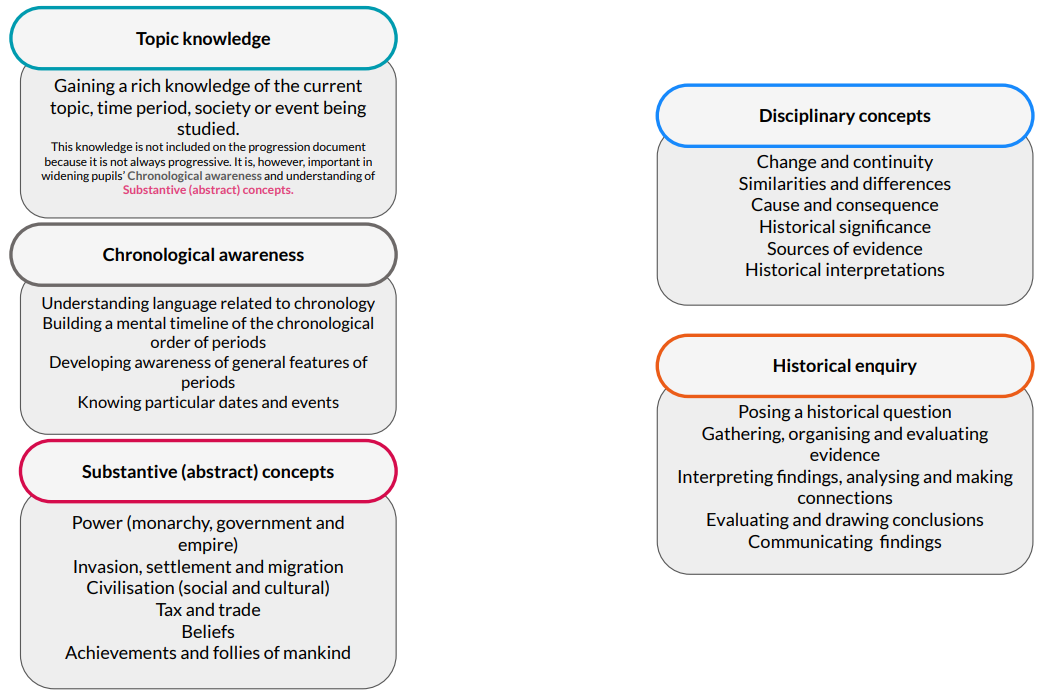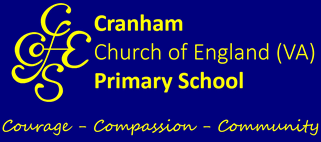History Intent: How we plan for this subject...
Knowledge of the past is crucial for securing a better future. Our strong history curriculum at Cranham C of E school provides insight into human behaviour and, more importantly, the links between different events and time periods. Our history curriculum, which uses Kapow as a supporting scheme, is underpinned by the National Curriculum, with in-depth studies in areas of particular interest to Gloucestershire such as the Romans. History is taught throughout the year, but is a heavy focus in the Autumn, as part of our Past, present, future approach. Areas of study are linked into a ‘topic’ framework, so that learning in other subjects compliments the history learning. History is planned using ‘Big questions’ promoting the curiosity that is central to the subject. The learning is sequenced in phases to support our mixed age teaching, with progression secured through our skills document. Through our scheme of work, we aim to build an awareness of significant events and individuals in global, British and local history and recognise how things have changed over time. History will support children to appreciate the complexity of people’s lives, the diversity of societies and the relationships between different groups. Studying History allows children to appreciate the many reasons why people may behave in the way they do, supporting children to develop empathy for others while providing an opportunity to learn from mankind’s past mistakes. We aim to support pupils in building their understanding of chronology in each year group, making connections over periods of time and developing a chronologically-secure knowledge of History. We hope to develop pupils’ understanding of how historians study the past and construct accounts and the skills to carry out their own historical enquiries. In order to prepare pupils for their future learning in History, our scheme aims to introduce them to key substantive concepts including power, invasion, settlement and migration, empire, civilisation, religion, trade, achievements of humankind, society and culture. The scheme of work is organised to reflect the fact that ‘knowledge of the past must be shaped by disciplinary approaches in order to become historical knowledge.’ (Ofsted research review series: History, 2021)
History in the Early Years Foundation Stage:
Our history teaching within Reception is approached through the Early Learning Goal 'Understanding the World'. Children talk about past and present events in their own lives and in the lives of family members, in terms of their own development from babyhood, and of direct family connections. Our activities have been designed to help the children to reflect on memories and experiences from their own past and extend only to situations that will still be very familiar to their everyday lives. This provides a good basis for the work on history within living memory in Key Stage 1. . They learn that other children don’t always enjoy the same things, and are sensitive to this. They learn about similarities and differences between themselves and others, and among families, communities and traditions.
Through the 'Development Matters' statements, we lay the foundations for pupils’ further history learning.
Curriculum documents
History Curriculum Unit Outcomes
History Skills & Knowledge Progression
In order to prepare pupils for their future learning in History, our scheme aims to introduce children to key substantive concepts including power, invasion, settlement and migration, empire, civilisation, religion, trade, achievements of humankind, society and culture. 
